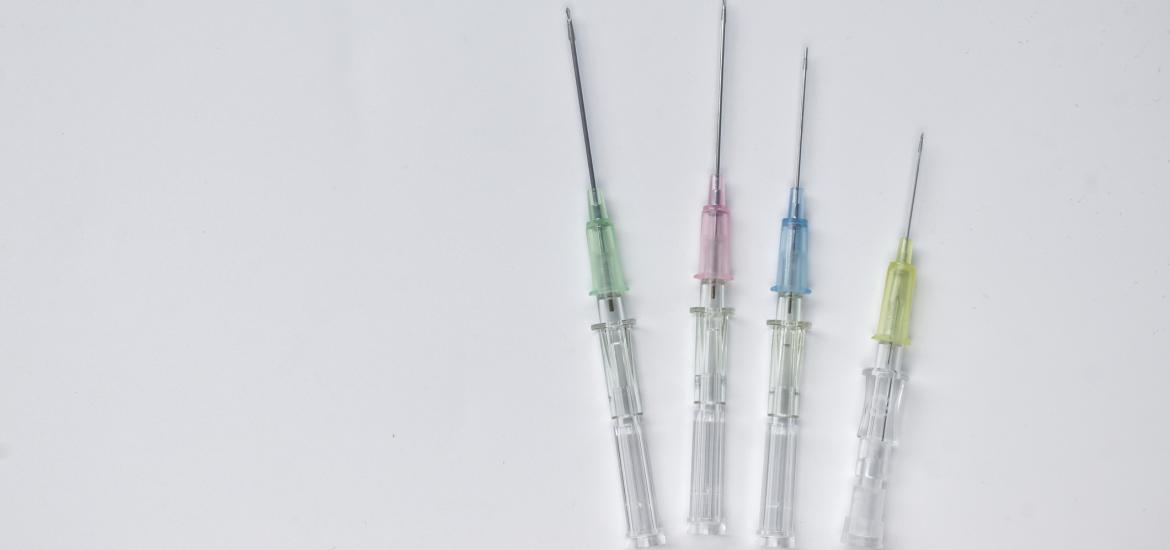
Regeneron works to secure fianlimab
A just revealed phase 3 trial will apparently pit a fixed-dose combo head to head against Opdualag.
A just revealed phase 3 trial will apparently pit a fixed-dose combo head to head against Opdualag.

Regeneron’s anti-Lag3 antibody fianlimab faces a pivotal 2024, with results of its phase 3 study in first-line melanoma, pitting a Libtayo combo against Merck & Co’s Keytruda, due to yield data in the second half of this year.
In the meantime, Regeneron has already started securing its potential future position in the Lag3 space: a new clinicaltrials.gov entry reveals that a separate first-line melanoma trial will soon test the combo against Bristol Myers Squibb’s approved Opdualag. If positive, not only could this strengthen fianlimab’s potential label, it might back Regeneron’s switch to a fixed-dose combination with Libtayo's active ingredient.
A fixed-dose combo (FDC) is clearly the way to go in Lag3. Bristol’s Opdualag is an FDC of relatlimab and Opdivo, and Merck & Co’s rival Lag3 MAb, favezelimab, is being tested as an FDC with Keytruda. Regeneron had previously signalled its intention of developing fianlimab as an FDC, though until now all its phase 3 trials had given the Lag3 MAb as a separate IV infusion.
This is the case for the group’s initial study in first-line melanoma, set to become fianlimab’s first pivotal readout, and due in the fourth quarter, according to Regeneron’s 2024 JP Morgan presentation.
That trial aims to beat Keytruda alone, with PFS as primary endpoint. Expectations will in part be set by Keytruda’s registrational Keynote-006 trial, though this study is now rather old, and real-world data will be more important in gauging any possible underperformance by the control cohort.
Regeneron undertook this study based on data presented at last year’s ASCO meeting from an uncontrolled fianlimab plus Libtayo trial in first-line melanoma, where on a cross-trial basis mPFS of 15.3 months looked favourable versus the 8.4 months cited on Keytruda’s label.
Pivotal fianlimab studies in melanoma
| Trial setting | Active treatment | Comparator | Primary endpoint | Data due | Benchmark |
|---|---|---|---|---|---|
| 1st-line melanoma | Fianlimab + Libtayo | Keytruda | PFS | H2 2024 | Keytruda gave mOS of 32.7mth, and mPFS of 8.4mth, in Keynote-006 |
| 1st-line melanoma | Fianlimab/ cemiplimab fixed-dose combination | Opdualag | ORR | 2027 | Opdualag gave ORR of 43% and mPFS of 10.1mth in Relativity-047 |
| Adjuvant stage IIC-IV melanoma | Fianlimab + Libtayo | Keytruda | Relapse-free survival | 2030 | Keytruda gave 3-year RFS of 76.2% in Keynote-716 (stage IIB/C), and 3.5-year RFS of 59.8% in Keynote-054 (stage IIIA-C) |
Source: OncologyPipeline.
Now comes the new phase 3 melanoma trial where Regeneron is going head to head against Opdualag. On the one hand this can be seen as a move to strengthen fianlimab’s future label, by showing how Regeneron’s combo stacks up in terms of ORR against the Bristol Lag3 combo (slowly carving out its own space in melanoma), and not just how it performs versus Keytruda.
It's the new study’s official title that appears to give away the fact that this involves a “fixed dose [combination] of fianlimab and cemiplimab”. As such it could play the important additional role of helping establish a Regeneron FDC among other Lag3/PD-1 combos.
The third key competitor in Lag3 is Merck’s own favezelimab, which is already being co-formulated in a FDC with Keytruda, though melanoma doesn’t seem to be a key focus. Instead, Merck’s pivotal favezelimab trials so far target relapsed/refractory Hodgkin’s lymphoma and second-line or later colorectal cancer.
The latter is Merck’s first pivotal Lag3 catalyst, with data also expected in the second half of this year. However, Lag3 doesn’t appear active in this cancer, where Opdualag failed last year, and Evercore ISI’s Umer Raffat has written that there are, understandably, zero investor expectations for the Merck study.
2849













